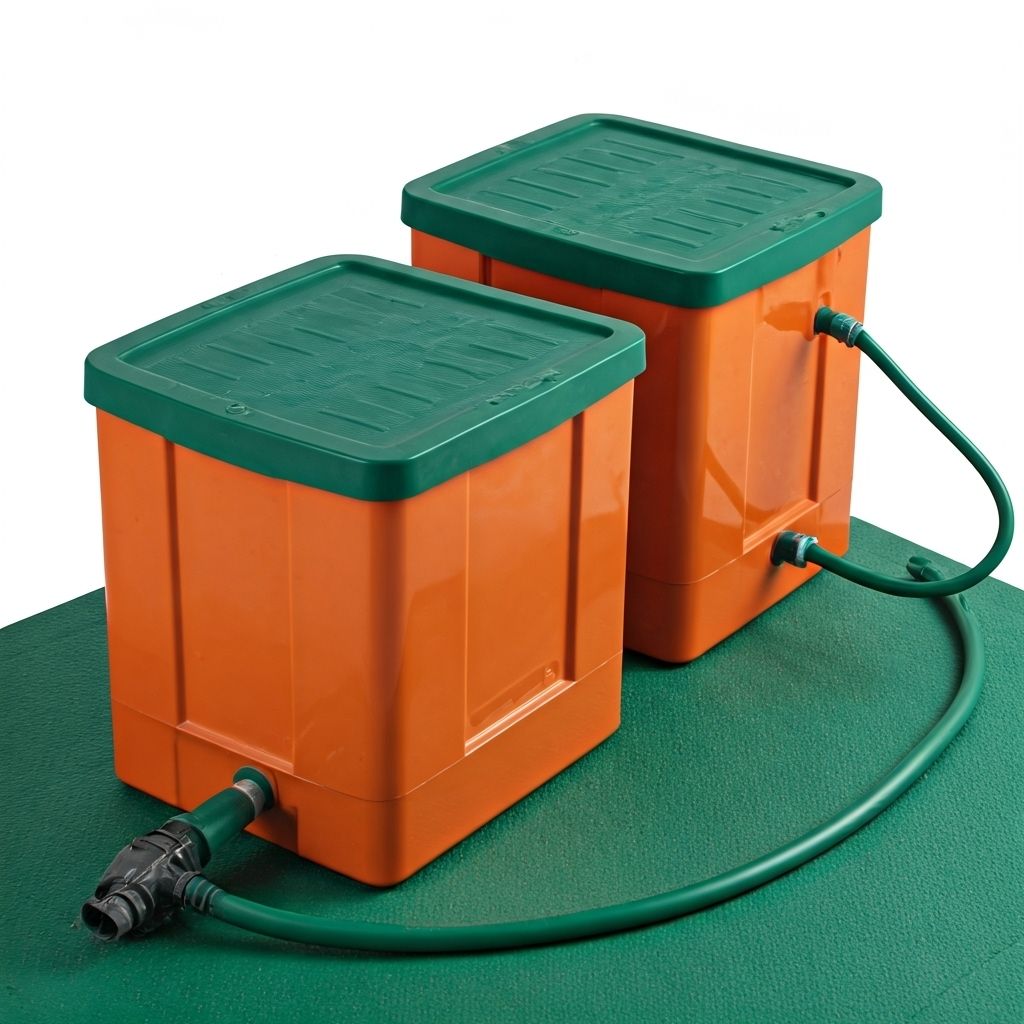Proper septic system care starts with understanding what should and shouldn't go down your drains. Following these simple guidelines can extend your system's life and prevent costly repairs.
DO's for Septic System Care
DO Use Water Efficiently
Spread out water usage throughout the week rather than doing all laundry in one day. Install low-flow fixtures and fix leaks promptly. Your septic system needs time to process wastewater properly.
DO Use Septic-Safe Products
Choose biodegradable soaps, detergents, and cleaning products. Look for products labeled "septic-safe" or "biodegradable." These break down naturally and won't harm the beneficial bacteria in your tank.
DO Pump Regularly
Schedule regular pumping every 3-5 years, or as recommended by your septic professional. This prevents solids from building up and clogging your drain field.
DO Maintain Your Drain Field
Keep the area over your drain field clear of vehicles, structures, and deep-rooted plants. The soil needs to breathe and shouldn't be compacted.
DO Keep Records
Document all maintenance, pumping, and repairs. This helps track your system's health and can be valuable if problems arise.
DON'Ts for Septic System Care
DON'T Flush Non-Biodegradable Items
Never flush:
- Feminine hygiene products
- Diapers
- Cat litter
- Cigarette butts
- Dental floss
- Condoms
- Paper towels or napkins
DON'T Pour Grease Down Drains
Cooking grease, fats, and oils solidify in your septic tank and can cause major blockages. Instead, collect grease in a container and dispose of it in the trash.
DON'T Use Harsh Chemicals
Avoid:
- Bleach in large quantities
- Drain cleaners
- Toilet bowl cleaners with bleach
- Antibacterial soaps (in excess)
- Paint thinners or solvents
DON'T Overload the System
Avoid doing multiple loads of laundry in one day or taking several long showers back-to-back. Your septic system needs time to process wastewater.
DON'T Use Garbage Disposals Excessively
While some garbage disposals are septic-safe, excessive use can overload your system with solids. Compost food scraps when possible.
Special Considerations
Medications
Don't flush expired medications down the toilet. Many medications can kill beneficial bacteria in your septic tank. Use pharmacy take-back programs instead.
Water Softeners
If you have a water softener, ensure it's properly sized and maintained. Excessive salt can disrupt your septic system's bacterial balance.
Additives
Generally, septic systems don't need additives. A healthy system maintains its own bacterial balance. Some additives can actually harm your system.
Following these do's and don'ts will help ensure your septic system operates efficiently for years to come. When in doubt, contact True Flow Septic for professional advice tailored to your specific system.
Found this helpful?
Share this article with others who might benefit.

